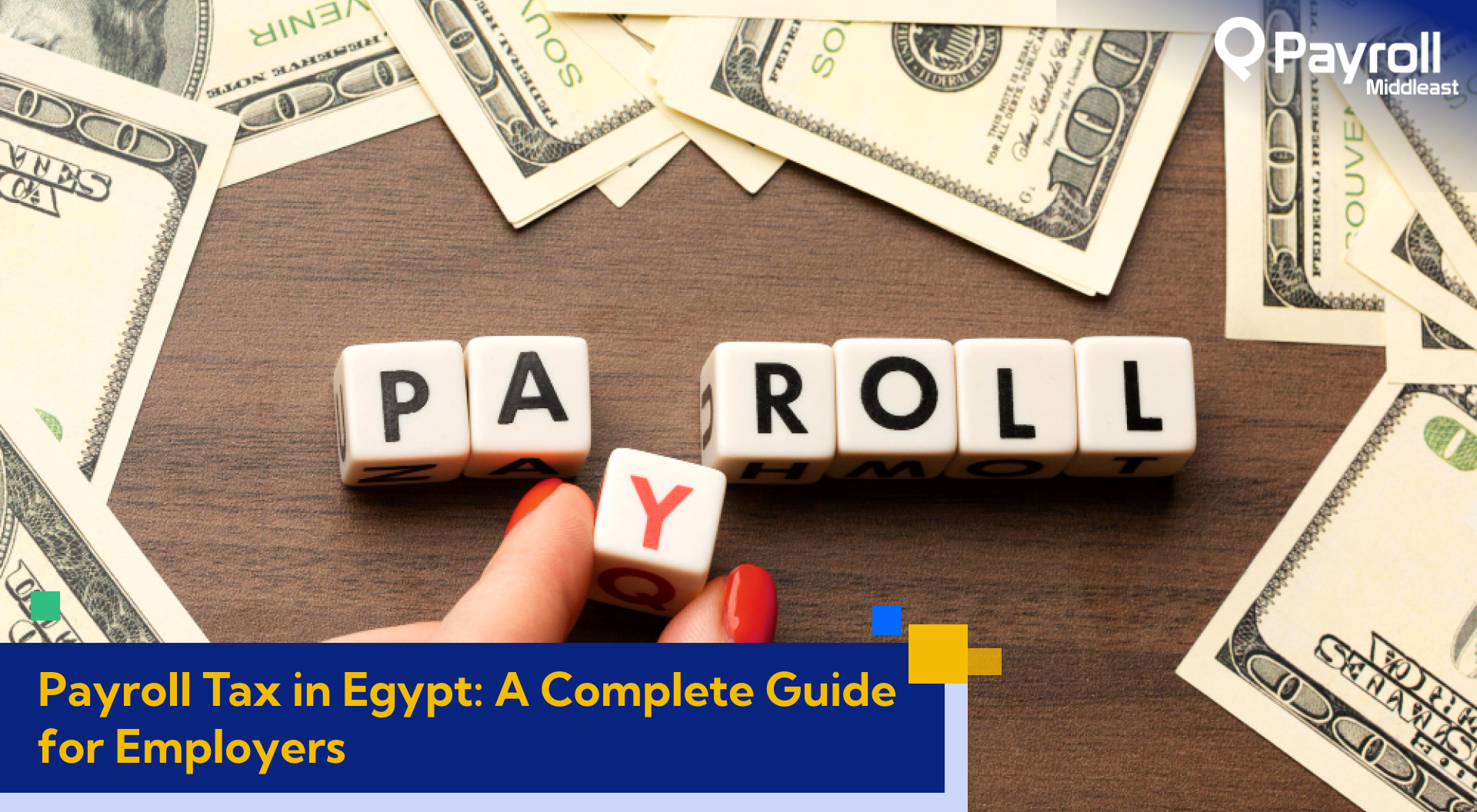Have you heard about the new rules of work in the UAE? Time to keep you up to date. From contracts to complaints, discover what the new UAE labour law 2025 means for your job or business.
Introduction
Working or running a business in the UAE? Then you need to understand the UAE labour law, especially the new 2025 updates. These laws shape;
- How people get hired
- How much do they get paid
- What benefits do they receive
- how employers must treat their teams.
Whether you’re an employee or an employer, knowing your rights and duties helps you avoid problems and build better working relationships. The UAE Labour Law 2025 makes things clearer, modern, and fair for everyone. Let’s break it down in a way that’s simple, direct, and easy to follow.
Overview of UAE Labour Law 2025
The 2025 labour law changes are all about creating a balanced, flexible, and digital workplace in the UAE. Let’s look at the key goals and who the law applies to.
Key goals of the 2025 amendments
The UAE updated its labour law to keep up with today’s work culture. The 2025 changes focus on making work more flexible, fair, and digital.
Here’s what the new law aims to do:
- Support remote work and freelancing
- Make hiring and contracts easier through digital tools.
- Protect worker rights across different job types.
- Encourage equal pay and workplace safety.
- Strengthen the process of handling complaints and disputes.
The goal is to create a fair and future-ready workplace.
Applicability to the private sector and free zones
The law applies to private companies in the UAE. That includes businesses on the mainland and most free zones under MOHRE. Some zones, like DIFC and ADGM, follow their own rules. But most zones try to match their policies with the national labour law and UAE standards.
Employee Rights Under UAE Labour Law 2025
The new rules give workers stronger protections, better benefits, and more clarity in contracts and working conditions.
Here’s what every employee should know.
Employment contracts
Every worker must have a written contract. It should clearly explain, job title and duties, salary and benefits, working hours and type of job (full-time, part-time, freelance). The start and end dates of employment should also be clearly determined in case of fixed-term.
The contract must be registered with MOHRE and can be signed digitally.
End-of-service benefits and gratuity
If you work for more than one year, you get gratuity pay when you leave.
Here’s how it works:
- 21 days of pay for each year (up to 5 years)
- 30 days of pay for each year after that
You can now transfer gratuity into pension or savings plans if you want.
Working hours & overtime rules
- Standard working hours are 8 hours per day, 48 hours per week
- During Ramadan, hours are reduced by 2 hours/day
- Overtime is allowed (up to 2 hours/day) and must be paid extra
- Night shifts (10 PM to 4 AM) get special pay
Remote and flexible hours are now allowed if both sides agree.
Leave entitlements
The new UAE labour law 2025 gives clear rules for different types of leave.
| Type of Leave | What You Get |
| Annual Leave | 30 calendar days (after 1 year of work) |
| Sick Leave | 90 days/year (first 15 paid, next 30 half) |
| Maternity Leave | 60 days (45 paid, 15 half-paid) |
| Paternity Leave | 5 days (within 6 months of birth) |
| Study Leave | 10 days/year for approved courses |
| Compassionate Leave | Depends on the situation and the relation |
The law now supports parental leave and study leave, too.
Protection against unfair dismissal
Employers can’t fire you without a valid reason. If they do not provide a valid reason, it will be counted as unfair dismissal. Such a case can include getting fired while pregnant or on maternity leave. Being let go for filing a complaint or leaving your job without a warning or notice is an unjust act.
If this happens, you can report it to MOHRE or go to the labour court. The system supports you.
Health & safety at work
You have the right to a safe and healthy workplace. Employers must provide clean and safe working areas. There should be proper lighting, breaks, and rest areas. The Emergency exits should be easily accessible, and fire drills should be taught. Mental health support is as important as physical health. It should be prioritised as well.
If they don’t, the government can fine them or even shut the business down.
Anti-discrimination and Wage Equality
Everyone deserves equal treatment at work. The law bans discrimination and supports fair pay for all. The law bans discrimination based on:
- Gender
- Religion
- Age
- Disability
- Nationality
Men and women must get equal pay for the same job. Employers can’t treat people unfairly during hiring, promotion, or termination.
Employer Responsibilities Under the New Law
Employers have new duties too. The law now covers digital systems, flexible contracts, and fair hiring practices.
Let’s explore what companies need to do.
Hiring freelancers and part-time workers
The law now supports hiring freelancers and part-timers legally.
Employers must sign a contract with the worker. Pay clearly and on time. Get the proper work permits. Make sure workers understand their rights. This is great for startups and companies that hire project-based staff.
Digital documents and e-signatures
Companies must now use digital tools to manage HR tasks. Everything from hiring to salary payments is now easier and faster.
That includes signing contracts using e-signatures, keeping payroll and HR records online. Using systems like WPS for salary payments. Upload documents to the MOHRE portal.
Remote work and flexible hours
Companies can offer remote, hybrid, or flexible work. But they must make clear rules in the contract. Track work and hours properly. Also, provide tools to support remote teams and make their work easy. This helps both businesses and employees enjoy more flexibility.
Dispute resolution (MOHRE & Labour Courts)
If an issue comes up at work, there’s now a clear, simple way to solve it through MOHRE or the labour courts. Try solving it inside the company. If not resolved, file a complaint with MOHRE. If needed, go to the labour court. You can file complaints online, through the app, or by calling 80060. Filing is free for employees.
Emiratisation updates
In 2025, the government expects more companies to hire UAE nationals. These rules now come with clear goals and penalties. Companies with 50+ staff must hire a set number of locals. Firms that don’t comply face monthly fines. Businesses that go beyond the target get rewards.
This policy supports local talent and balances the job market.
Penalties for Non-Compliance
If companies don’t follow the law, they face strict penalties, from fines to business restrictions.
Here’s what happens if you don’t play by the rules.
How employees can report issues
Workers now have simple ways to report problems and get legal help. The process is fast, fair, and free.
Here’s how to report:
- File a complaint on the MOHRE app
- Call the hotline: 80060
- Visit a Tasheel service centre.
- Use the online portal for fast processing.
Fines for breaking the law
Employers who break the law face heavy fines.
| Offense | Fine (AED) |
| No employee contract | 20,000 per worker |
| Unfair termination | Compensation required |
| Late or unpaid salaries | 5,000 per worker |
| Discrimination or bias | Up to 100,000 |
Repeat offenders can lose their trade license or face legal action.
Why compliance matters
Following the UAE labour laws isn’t optional; it’s a must for keeping your business running smoothly.
If a business doesn’t follow the rules, it can’t:
- Renew employee visas
- Renew their business license.
- Bid for government contracts
Conclusion
The UAE Labour Law 2025 gives more power and protection to both employees and employers. It supports flexible work, strengthens worker rights, and makes the whole system more efficient. For workers, the law ensures fair treatment, proper pay, and job security. For businesses, it offers clear rules, faster processes, and a modern way to manage teams.
If you work in the UAE or hire people here, make sure you follow the law. A well-informed workplace is a strong and successful one.
FAQs:
What are the major updates in the UAE Labour Law for 2025?
The 2025 updates reinforce fixed-term contracts for all private-sector employees, introduce flexible and remote work options, and strengthen anti-discrimination and harassment protections. The law also clarifies working hours, overtime pay, and gratuity benefits, aligning with global employment standards
Who is covered under the UAE Labour Law 2025?
The law applies to all private-sector employees across the UAE, including most free zones regulated by the Ministry of Human Resources and Emiratisation. Some free zones with independent systems have their own labour rules.
What are the standard working hours and overtime rules in the UAE?
The standard working hours are 8 hours per day or 48 hours per week. Overtime is limited to 2 hours per day and must be compensated with additional pay or time off. During Ramadan, working hours are reduced by two hours daily.
How does the law regulate employment contracts?
All employment contracts must be written, fixed-term (up to three years), and renewable. Contracts must clearly state job details, salary, and working conditions. The law also defines rules for probation periods, notice requirements, and contract termination.
How does the UAE Labour Law address workplace discrimination and harassment?
The law strictly prohibits discrimination based on gender, race, religion, disability, or nationality. It also bans workplace harassment, bullying, and verbal abuse, ensuring a safe and equal environment for all employees. Employers are required to act promptly on any reported misconduct.





